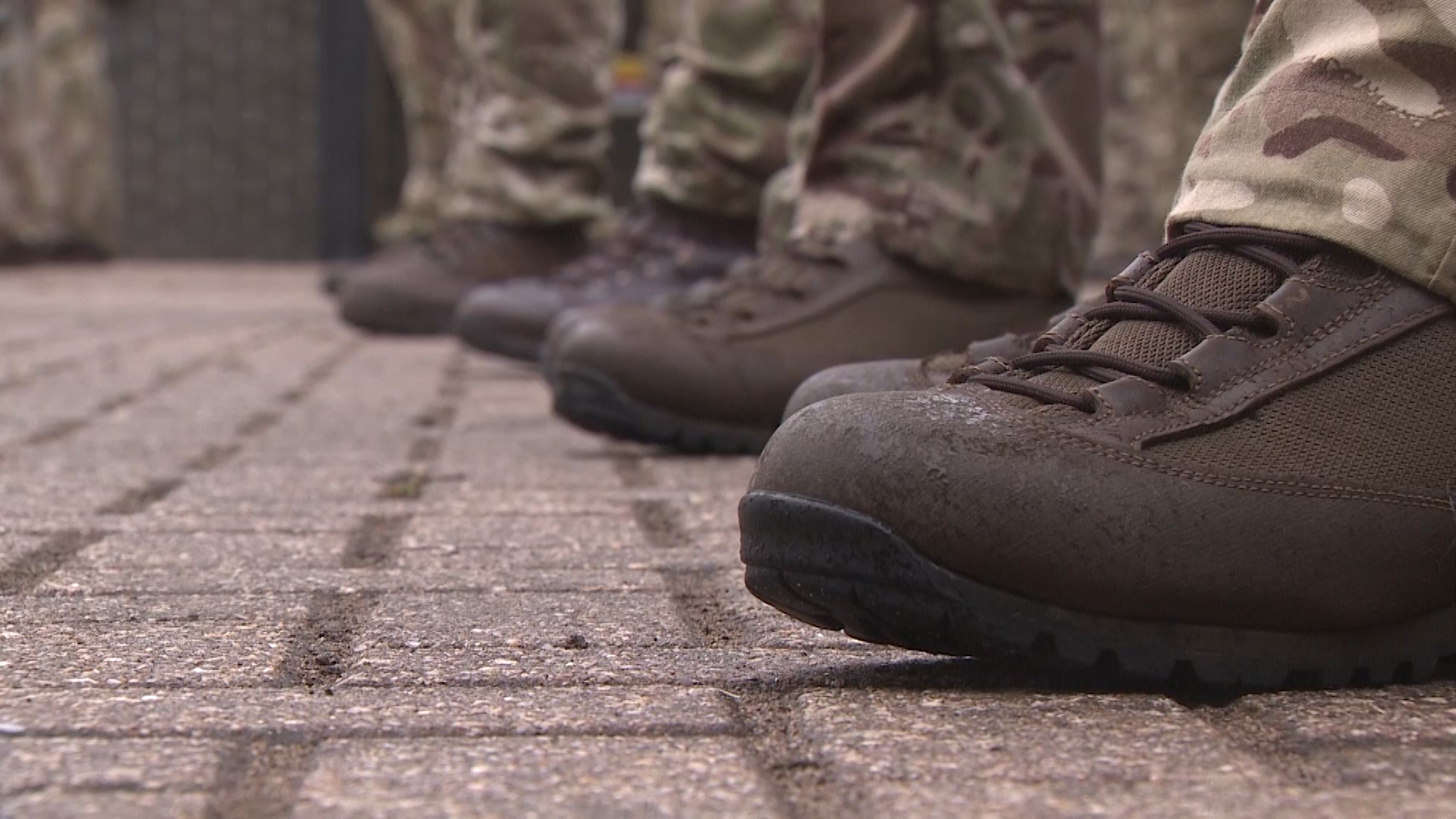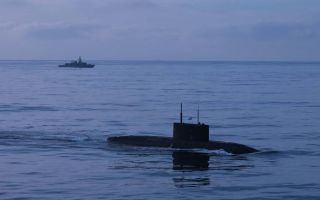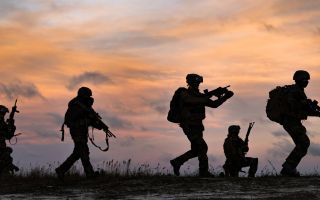
Peers Push For Torture To Be Excluded From Overseas Operations Bill Safeguards

Torture should be excluded from future legal safeguards for UK military personnel deployed overseas, peers in Westminster have argued.
Members of the House of Lords have argued that changes should be made to exclude the war crime from the Overseas Operations (Service Personnel and Veterans) Bill, which was voted through at third reading in the Commons in November.
The legislation is aimed at protecting service personnel from vexatious claims.
It is intended to limit false and historical allegations arising from overseas operations by introducing a statutory presumption against prosecution.
While not an absolute ban on historic prosecutions, the legislation would make it exceptional for personnel to be prosecuted five years or more after an incident.
The bill has been criticised for failing to exclude torture from its scope, as it did for rape and sexual violence.
The Government insists, however, that the military would not be able to "act with impunity" under the Overseas Operations Bill.
Defence minister Baroness Goldie said the measures were "not an amnesty nor a statute of limitations" but were aimed at removing the "enduring corrosive uncertainty" faced by service personnel from the threat of legacy legal action.
Pre-empting concerns over torture not being excluded, Lady Goldie said: "Critics of the bill believe that this signals the Government no longer views with gravity offences such as war crimes and torture.
"We most certainly do view them with gravity. These crimes are appalling."
Liberal Democrat Lord Thomas of Gresford outlined his concerns: "So if a soldier rapes, tortures and kills a civilian there’s a presumption against prosecuting him for the torture and the murder but not for the rape. This is surely indefensible on any policy or moral basis."
Labour former Shadow Attorney General Baroness Chakrabarti argued the provisions of the bill do "nothing to address the speed, finality or robustness of criminal investigations arising from overseas conflicts".
She said: "Instead, it creates a de facto presumptive five-year statute of limitations on even grave crimes, such as torture, and restricts the decision to prosecute after that point to a politician, the Attorney General."
Johnny Mercer has previously said: "The [Overseas Operations Bill] does not decriminalise torture or war crimes and it will not encourage or allow our service personnel to act with impunity.
"We will continue to take other offences such as war crimes and torture extremely seriously."








